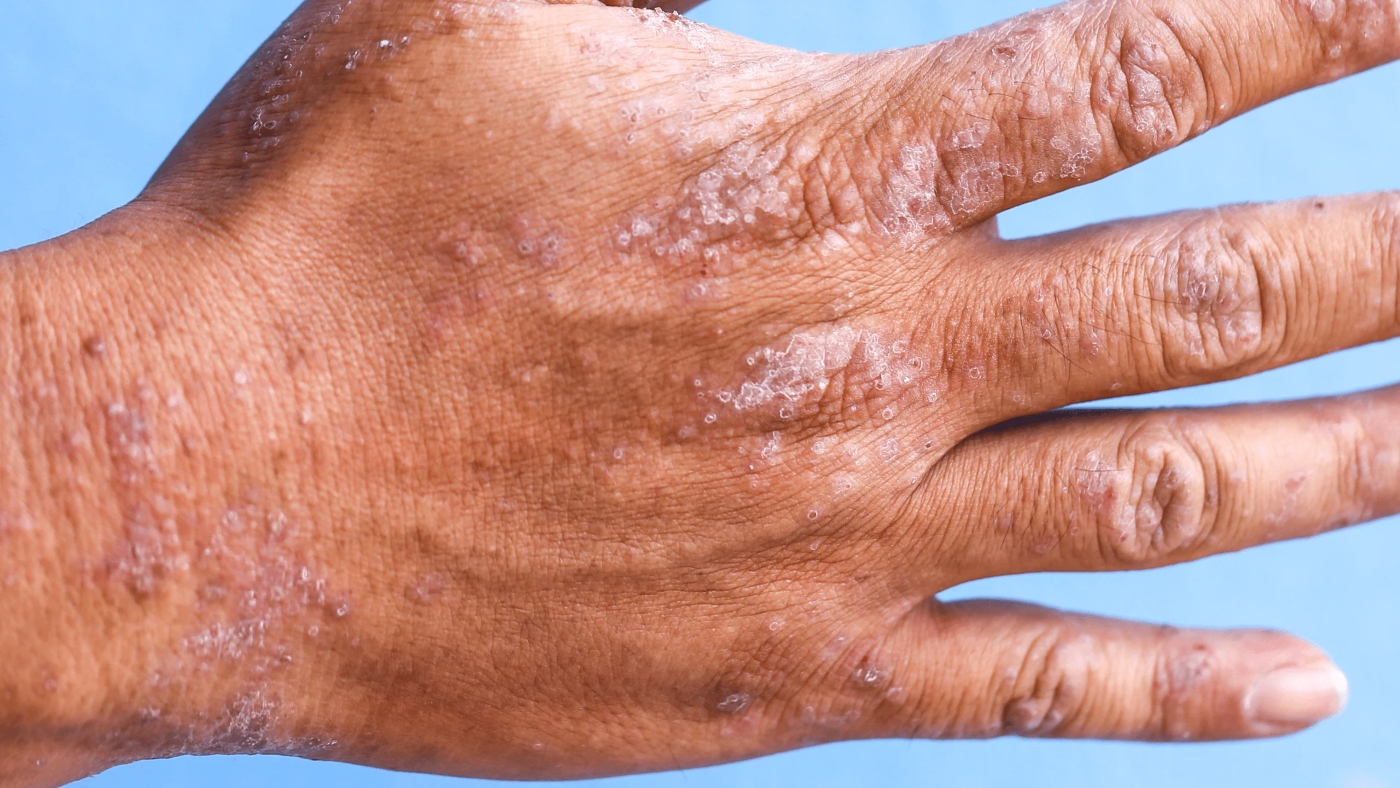
Eczema
Eczema, also known as atopic dermatitis, is a chronic skin condition characterized by inflamed, itchy, red, and cracked skin. It can affect people of all ages, but it is most common in children, with many cases improving or resolving in adulthood. Eczema often appears in cycles, with flare-ups followed by periods of remission. Although there is no cure, the condition can be managed with proper treatment and care.
Causes of Eczema
Key factors that contribute to eczema include:
Genetics: Eczema often runs in families, indicating a genetic predisposition to the condition. People with a family history of eczema, asthma, or hay fever are more likely to develop it.
Skin Barrier Dysfunction: In people with eczema, the skin's protective barrier does not function properly, leading to excessive moisture loss and increased sensitivity to irritants and allergens.
Environmental Triggers: Common environmental factors that can trigger or worsen eczema include:
1. Harsh soaps, detergents, and other irritants
2. Dry air or cold weather
3. Allergens like pollen, pet dander, and dust mites
4. Stress and anxiety
5. Sweating or overheating
6. Certain fabrics, such as wool or synthetic materials
7. Cigarette smoke or pollution
Types of Eczema
There are several different types of eczema, each with its own characteristics:
Atopic Dermatitis: The most common form, atopic dermatitis typically starts in childhood and is associated with dry, itchy patches of skin, particularly on the face, hands, and feet.
Contact Dermatitis: This type occurs when the skin comes into direct contact with an allergen or irritant, causing redness, itching, and sometimes blistering.
Dyshidrotic Eczema: This form affects the hands and feet, leading to small, itchy blisters. It's more common in women and can be triggered by stress, allergies, or exposure to metals like nickel.
